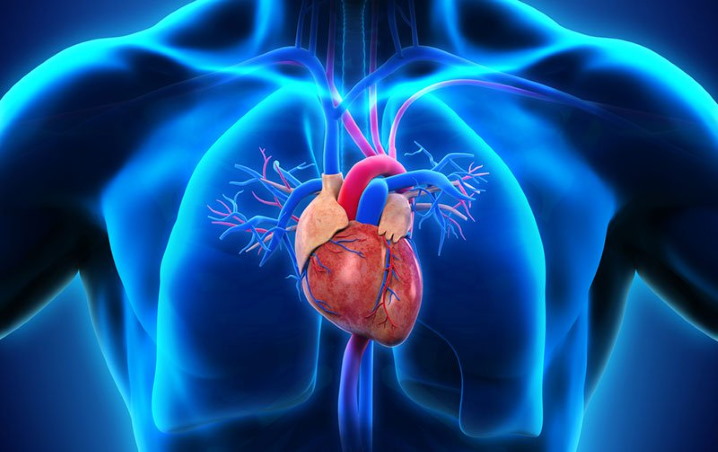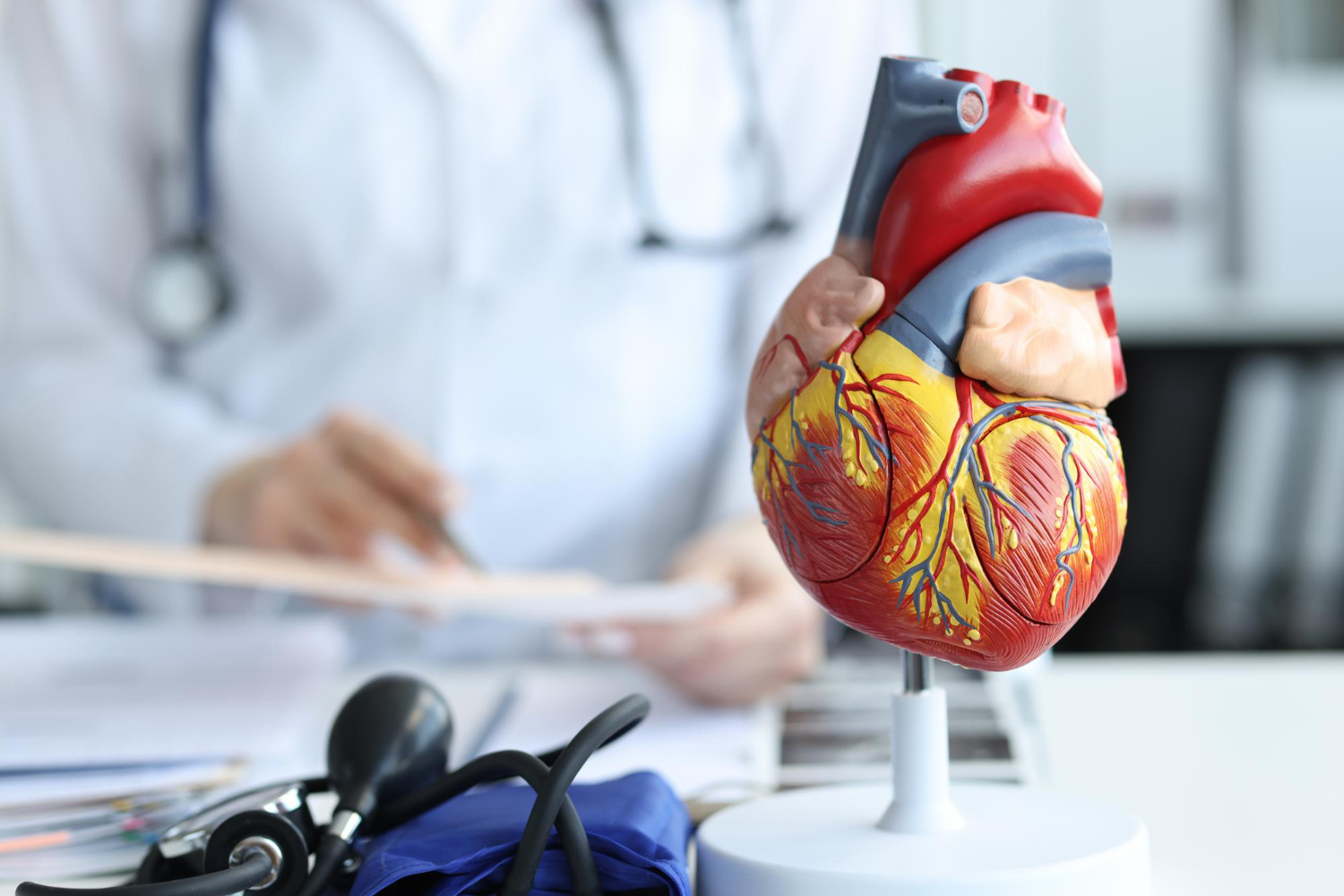How Arogyajivan Medical Tourism For Oncology can Save You Time, Stress, and Money.
How Arogyajivan Medical Tourism For Oncology can Save You Time, Stress, and Money.
Blog Article
Get This Report on Arogyajivan Medical Tourism For Oncology
Table of ContentsWhat Does Arogyajivan Medical Tourism For Oncology Do?Facts About Arogyajivan Medical Tourism For Oncology UncoveredThe 9-Minute Rule for Arogyajivan Medical Tourism For OncologyThe Facts About Arogyajivan Medical Tourism For Oncology RevealedArogyajivan Medical Tourism For Oncology Things To Know Before You BuyExcitement About Arogyajivan Medical Tourism For Oncology
With its concentrate on minimally invasive techniques, progressed imaging, and customised medication, interventional cardiology is changing the method we come close to heart health. At Atrius Heart Treatment, we are committed to providing our patients with the highest high quality of care, ensuring that they receive the most effective possible results on their path to heart health and wellness.Heart disease (CVDs) are the leading cause of fatality around the world. An approximated 17.9 million people died from CVDs in 2019, representing 32% of all worldwide fatalities (ArogyaJivan Medical Tourism for Oncology). Of these deaths, 85% were due to heart attack and stroke. Over 3 quarters of CVD deaths happen in reduced- and middle-income nations.
One of the most common reason for this is an accumulation of fatty down payments on the inner wall surfaces of the capillary that supply the heart or brain. Strokes can be brought on by bleeding from a blood vessel in the brain or from embolism. The most important behavioural threat elements of cardiovascular disease and stroke are undesirable diet regimen, physical inactivity, tobacco usage and harmful use alcohol.
Excitement About Arogyajivan Medical Tourism For Oncology
On top of that the person might experience difficulty in breathing or lack of breath; nausea or throwing up; light-headedness or faintness; a chilly sweat; and turning pale. Women are most likely than males to have shortness of breath, nausea, vomiting, and back or jaw discomfort. One of the most usual signs and symptom of a stroke is unexpected weakness of the face, arm, or leg, most often on one side of the body.
People experiencing these signs ought to seek clinical care quickly. Rheumatic cardiovascular disease is triggered by damages to the heart valves and heart muscle from the inflammation and scarring triggered by rheumatic high temperature. Rheumatic high temperature is triggered by an uncommon response of the body to infection with streptococcal germs, which generally begins as a sore throat or tonsillitis in youngsters.
Top Guidelines Of Arogyajivan Medical Tourism For Oncology

Individuals with cardio disease need to have accessibility to proper technology and medication. Fundamental medications that must be available include: pain killers; beta-blockers; angiotensin-converting enzyme preventions; and statins. An intense occasion such as a cardiovascular disease or stroke must be immediately handled. In some cases, surgical operations are required to treat CVDs. They consist of: coronary artery bypass; balloon angioplasty (where a little balloon-like tool is threaded through an artery to open the clog); shutoff fixing and replacement; heart hair transplant; andartificial heart procedures.
Some Known Facts About Arogyajivan Medical Tourism For Oncology.
Heart disease is the leading cause of fatality in the western globe. Each year in the united state, greater than 500,000 males and females pass away from coronary artery browse this site condition. Throughout the past twenty years, significant strides have been made in the diagnosis and treatment of cardiovascular disease. Nuclear cardiology has played a crucial duty in detecting cardiovascular disease, analyzing disease intensity, and anticipating results.
When the arteries come to be stopped up, the blood circulation to the heart muscle is impaired and a heart assault can occur. Nuclear cardiology research studies use noninvasive methods to assess myocardial blood circulation, examine the pumping function of the heart as well as imagine the size and area of a heart attack.

Arogyajivan Medical Tourism For Oncology Things To Know Before You Get This
Radionuclide ventriculography is a noninvasive research that offers info concerning the pumping function of the heart. In people with coronary artery disease and in those that have had a cardiovascular disease, the evaluation of the pumping function of the heart (also referred to as the ejection portion) is necessary in the forecast of both long-term and temporary survival.
These strategies can also supply information about the feature of the shutoffs of the heart, the integrity of all the heart chambers and can be utilized to check the result of different drugs on the heart muscle (in clients with cancer that are treated about his with radiation treatment). The analysis of cardiac feature with radionuclide ventriculography is accurate and noninvasive and proceeds to play a crucial function in anticipating end results in patients with heart problem.
Nuclear cardiology methods can be made use of to establish which areas of the heart muscle mass have actually been harmed by infection or by a cardiovascular disease. These techniques can likewise be used to monitor the condition of the heart muscle in the patient after heart hair transplant. ArogyaJivan Medical Tourism for Oncology. The heart has its own nerve system, which is crucial for the proper functioning of the heart muscle
An uncommon heart rate and disarray of the regular cardiac rhythm can materialize this irregularity. Imaging agents are infused into the blood stream and afterwards the nervous system of the heart can be imaged making use of a gamma camera. The info acquired from these noninvasive research studies can be made use of in the management of patients with heart disease, particularly cardiac arrest.
What Does Arogyajivan Medical Tourism For Oncology Mean?
These studies can detail the heart muscle mass that is not getting appropriate blood flow due to the obstruction in the arteries of the heart. These researches can likewise reveal the heart muscular tissue that has actually been marked from past heart attacks, and likewise what has actually been harmed but has the possible to recoup if a bypass surgical procedure or an angioplasty is executed.

, which consists of your heart, arteries, and capillaries.
Report this page